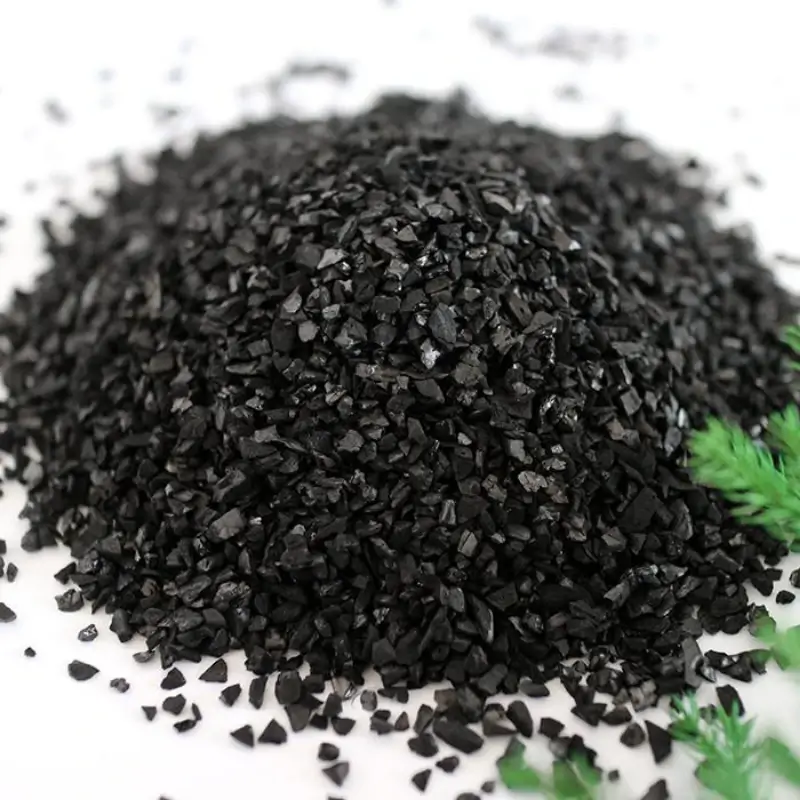
alumina
Alumina The Versatile Alumina Compound
Alumina, chemically known as aluminum oxide (Al₂O₃), is a remarkable compound with a wide range of applications across various industries. This white, crystalline substance is a vital intermediary in the production of aluminum metal, and its significance extends far beyond just being a precursor for aluminum extraction.
One of the most notable characteristics of alumina is its remarkable durability and resistance to corrosion. This property makes it an ideal material for various applications in engineering and manufacturing. In the automotive and aerospace industries, for instance, alumina is utilized in the production of components that require high strength and lightweight materials, contributing to the improvement of fuel efficiency and overall performance.
In addition to its structural applications, alumina is also an excellent electrical insulator, which opens up further usage in the electronics sector. It serves as an insulating substrate in circuit boards and as a dielectric material in capacitors. The electrical properties of alumina, combined with its thermal stability, make it suitable for high-performance electronic devices that can operate efficiently under extreme conditions.
alumina

Alumina is also prominently featured in the field of ceramics. As a key ingredient in advanced ceramics, it exhibits high hardness and wear resistance. This makes alumina-based ceramics essential in the production of cutting tools, wear-resistant surfaces, and refractory materials used in high-temperature environments. The versatility of alumina in this sector illustrates its capacity to adapt to various processing techniques, including sintering and casting, to produce components suited to specific industrial requirements.
Furthermore, alumina is utilized in the production of aluminum hydroxide, which serves as a fire retardant and a key additive in plastics and rubber. The ability of alumina to inhibit combustion makes it particularly valuable in enhancing the safety of various materials, underscoring its importance in consumer safety and regulatory compliance.
Environmental sustainability is also a growing focus in alumina production. Innovations in the Bayer process, which is the primary method for extracting alumina from bauxite ore, have led to more efficient and less harmful production techniques. These advances are critical as industries seek to minimize their carbon footprints and improve their overall environmental impact.
In conclusion, alumina is a compound of exceptional utility, playing a crucial role in various industrial applications. From aluminum production to advanced ceramics and electronic components, its unique properties make it an indispensable material in modern technology and manufacturing. As research continues into new applications and sustainable production methods, the importance of alumina will only continue to grow in our increasingly resource-conscious world.
Share
-
Premium Pigment Supplier Custom Solutions & Bulk OrdersNewsMay.30,2025
-
Top China Slag Fly Ash Manufacturer OEM Factory SolutionsNewsMay.30,2025
-
Natural Lava Rock & Pumice for Landscaping Durable Volcanic SolutionsNewsMay.30,2025
-
Custom Micro Silica Fume Powder Manufacturers High-Purity SolutionsNewsMay.29,2025
-
Custom Mica Powder Pigment Manufacturers Vibrant Colors & Bulk OrdersNewsMay.29,2025
-
Custom Micro Silica Fume Powder Manufacturers Premium QualityNewsMay.29,2025






